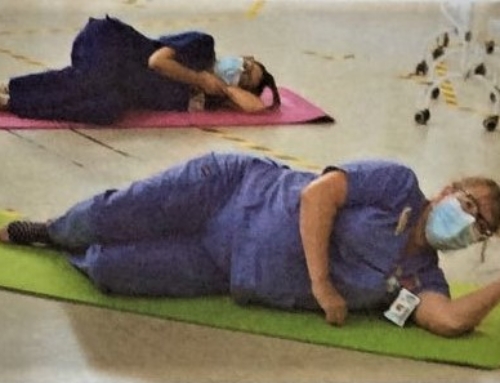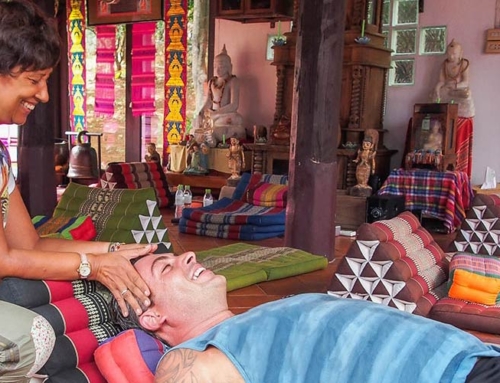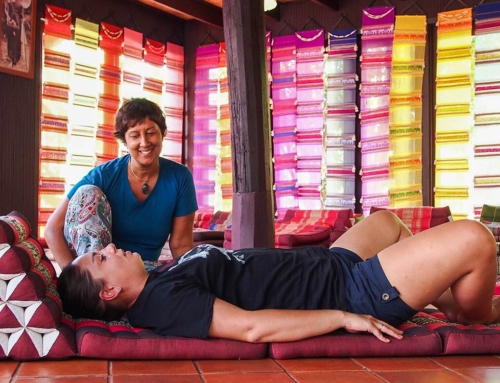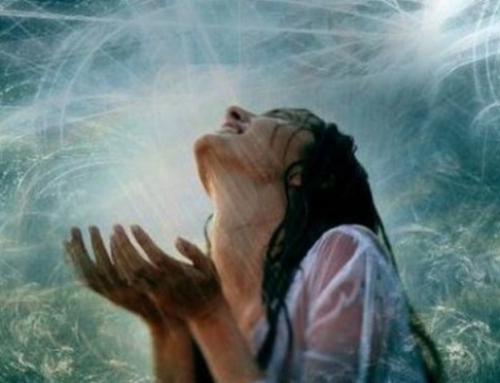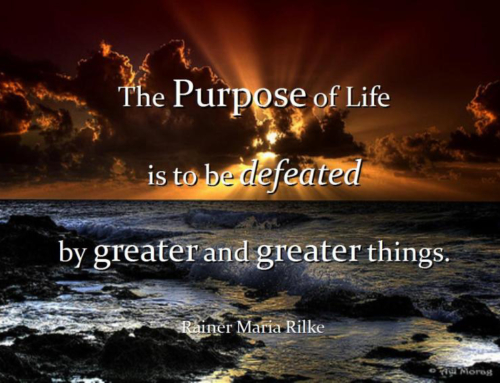The Life Waiting for Us

As children we all had dreams and visions of what our lives would look like when we grew up. We were told that “The world is our oyster” and that “everything is possible” we sat listening to fairy tales and believed that “happily ever after” was our birth-right.
And yet the truth of our lives is often far removed from this vision, that the fairy tale seems more like a cruel apparition that we compare ourselves to and find ourselves woefully lacking. Especially as life today is so fundamentally different to the lives that previous generations grew up in- Job for Life? More like is any job available? Partner for life? More likely to be divorced than stay together. Belief and loyalty for the traditional power structures of society? More likely to have distrust for the abuse of power and the inequalities fostered by the key decision makers in our societies.
So never more so than today does Joseph Campbell’s quotation ring true.
“We must be willing to let go of the life we planned so as to have the life that is waiting for us.”
In many ways Campbell’s words are a call to action not only for us as individuals but also for us as a society- we need to let go of what we thought our lives and the world would deliver and actually open our eyes to what is in front of us. And in many ways to actually look is painfully hard because the picture of reality is so far removed to the promise we whole heartedly swallowed.
We believed the story of growth and improvement- that the twin super heroes of science and medicine would deliver ever improved convenience to our lives and beat up the villains of sickness and ageing. And yes we have ultra convenience located in every modern home- the washing machines, microwaves, the TV’s and computers with access to all of the world’s knowledge at the click of a blue-tooth mouse. Our individual smart phones today have more computational power than the giant processors of twenty years ago and yet what has this all actually delivered? Has it made for better quality of life or in reality have we become the hamsters on the wheel of technology needing to run faster and faster to simply stay still?
Elizabeth Kubler-Ross is famous for her five stage model of the grieving process and it is fascinating to compare these stages with what is currently being enacted within our world.
Stage one– Denial. This can be vividly demonstrated as we stick our collective heads in the sand of celebrity culture and share our favourite cat you-tube clips as our ship is headed towards imminent global climate crises. Another vivid demonstration of our denial is the huge growth of the industries, both legal and illegal, that exist to medicate away our feelings of depression and anxiousness, which in many ways are shouting at us to wake up out of the denial and see where our ship is headed. But no, better to numb ourselves and buy into the belief that the problem is internal and not external- after all it’s not really happening anyway.
Stage Two – Anger can often be seen as the side-effect of feelings of hopelessness and powerlessness. No-one likes to feel these things, so feeling angry is in some way a compensatory mechanism- it brings with it a feeling of power and strength- the very anti-dote to the feelings of helplessness that it covers up. And yet it’s not a true strength, its shaky foundations are built on fear and so it needs to constantly keep fuelling itself with images of a hateful “other”. It’s sad how easy it is in our world today to see how much hatred and anger is being generated as a way to avoid feeling the underlying helplessness. Easy targets today are the self perpetuating cycles of radical angry Muslims interacting with fearful and then angry Westerners. Round and round the cycle of fear and anger as they join together in their destructive dance.
Stage 3- Bargaining. We finally admit to the existence of the problem but we still think that it can be resolved from within our current philosophy. If I just start recycling my rubbish, eating organic and doing my yoga practice maybe everything will be ok…. We are still not prepared to look reality full on in the face and instead we prefer to exist in a world of magical thinking. “Scientists will figure it out” “It’s not really such a big deal”
Stage 4- Depression. During this stage we finally admit to reality and are faced with the overwhelming feelings of helplessness and hopelessness that we have been desperately fighting off until now. It is no great news to recognise that levels of depression and anxiety are sky-rocketing around the Western world. There is 10 times more major depression in people born after 1945 than in those born before and this huge increase cannot simply be attributed to individual biochemical imbalances. Maybe this huge increase is actually indicative of a normal human response to the grief and hopelessness we experience as we take stock of the world around us.
Stage 5- Acceptance. The final stage and one that maybe and hopefully we are starting to recognise and open to as a human race.
“Change comes about when you become who you are, not when you try to become who you think you should be” Fritz Perls.
In order to be able to change we first need to recognise and accept our current reality. We need to let go of our dreams of yesteryear, of pining for what is no longer possible, take our heads out of the denial, anger and bargaining. Join hands and let our feelings of hopelessness and helplessness break open our hearts so that we can recognise that there truly is no “other” in this earth ship we all call our home. And maybe, just maybe by doing this we are able to finally see the life that is in front of us and start to forge our new life together.

